Update: So turns out all I had to do to make bison generate t.tab.c was to use the -y switch. However, my original assumption of a problem with the code when the problem gave me a segfault seems correct according to the answers posted. Here is what it all looks like now:

The source is exactly the same as downloaded from the O'reilly website and I triple checked the ch1-04 code that this is based on. It's all extremely simple stuff. A program that recognises a sentence as a subject VERB and object Here is the code : ch1-05.l, ch1-05.y, ch1-05y.h
Original Question:
So succinctly I'm working my way to learning how to build a compiler.
I'm not very used to C\C++ and have never used lex and yacc before, this I'm following this book:

Now, in the book on page 21 this is what it says:

Now being on fedora 2 I don't have yacc. I installed bison.
Here is what the scene on my fedora looks like:

Do notice I am using -d.
If you'd really like to see the code here is : ch1-05.l, ch1-05.y, ch1-05y.h
I was actually silly enough and thought y.tab.c was an mistake in the book and they actually meant ch1-05.tab.c. I tried compiling with that and it gave me a segmentation fault :/ It took me a day to realize there is supposed to be a y.tab.c there.
I'm quite constantly checking SO so anything you need from me I will respond quick. I'd really like to get this done with because I'm on holiday due to a brain haemorrhage and I'd like to get this book complete soon. I have quite a list of books and quite a holiday :D